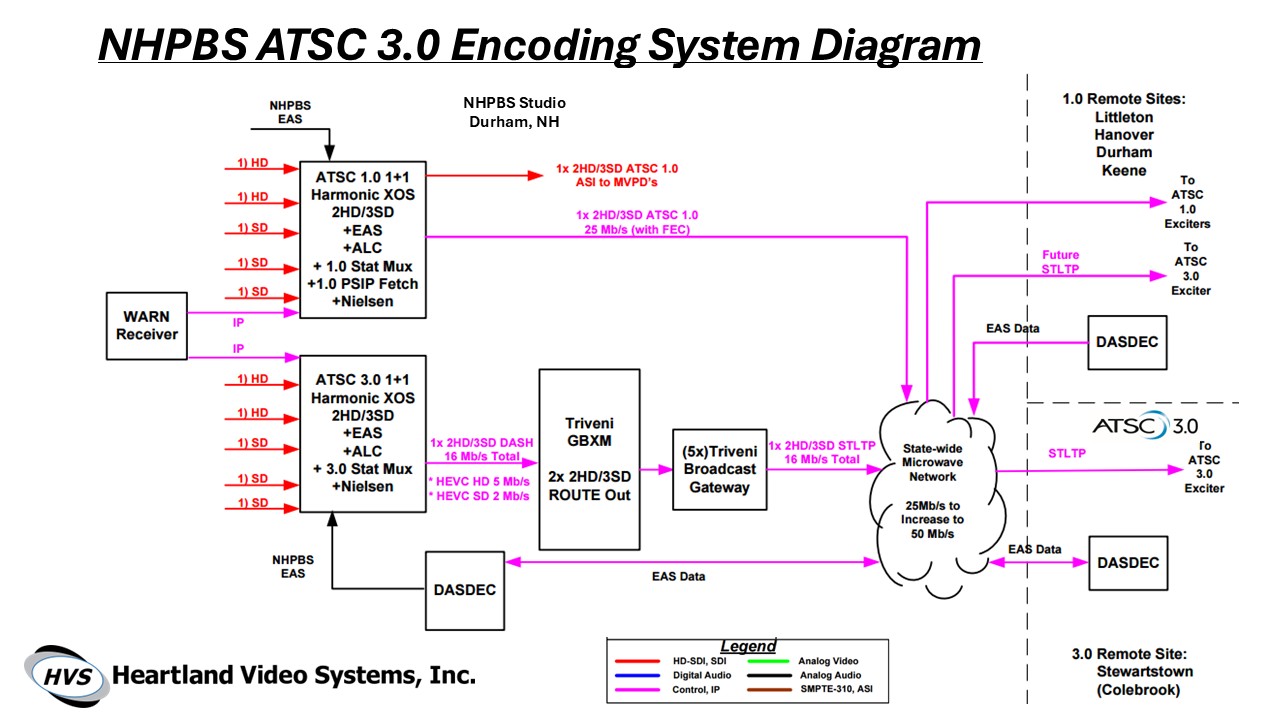FCC seeking comments on spectrum issues

The professional video industry's #1 source for news, trends and product and tech information. Sign up below.
You are now subscribed
Your newsletter sign-up was successful
FCC seeking comments on spectrum issues
By Harry C. Martin
The Commission's Spectrum Policy Task Force, created earlier this year, is seeking comments on a wide range of topics relating to the Commission's current spectrum use and allocation policies. Five subject areas have been identified by the task force as most important to the development of a comprehensive spectrum management policy. They are discussed in turn below.
Market-oriented allocations
The task force is emphasizing market-oriented allocation and assignment policies, and is seeking comment on how best to design and implement such policies. Such efforts have thus far focused on two potential techniques: (1) permitting flexible uses by incumbent licensees; and (2) auctioning “overlay” licenses and white space spectrum, e.g., geographic licensing of MDS licenses.
Also in this area, the task force is requesting comments on whether there are alternate methods for allocating spectrum. They are also interested in identifying any underutilized spectrum that could be auctioned. Moreover, they are seeking comment on whether there should be different allocation policies for those radio services in the more congested bands, to afford greater protection for those radio services.
Finally in the allocation area, the task force is seeking suggestions to facilitate experimentation and innovation, along with the proper treatment of unlicensed devices.
The professional video industry's #1 source for news, trends and product and tech information. Sign up below.
The FCC task force has identified five subject areas as most important to the development of a comprehensive spectrum management policy.
Interference protection
The task force has also focused on the level of interference protection that should be afforded to spectrum users. Currently, the Commission distinguishes “interference” from “harmful interference” by accepting a certain level of the former, and limiting the latter. They are seeking comment on whether this structure makes practical and useful distinctions, and whether changes are warranted.
In addition, the task force raises the possibility of establishing receiver standards that would protect only those receivers that meet the new standards, and would permit a greater level of interference to be received on older receivers.
They are also interested in comments addressing the possibility that licensees be accorded the opportunity to negotiate interference rights among themselves, or use arbitration or mediation as a means to resolve interference disputes.
Spectrum efficiency
The task force is interested in determining how to make more efficient use of the spectrum. It is soliciting suggestions for new rules or policies that might encourage spectral efficiency, and seeking comment on whether any rules presently in effect are inhibiting the efficient use of spectrum.
In addition, the task force is seeking to measure the relative efficiencies among the various radio services, and is attempting to identify an appropriate benchmark for such a comparison. They are interested in developing methods to provide incentives for promoting spectral efficiency, including fees or receiver standards that would require more efficient systems.
Sharing of public safety frequencies
The task force is seeking comment on spectrum issues relating to public safety communications. Accordingly, they are looking for comments on whether there are any spectrum-sharing techniques that can be implemented without reducing the high level of reliability currently in existence.
International communications
The task force is seeking comment on international spectrum agreements. In particular, they are interested in examining the effect of U.S. international agreements on domestic allocation and allotment policy, especially with respect to satellite and international communication services and what steps can be taken to improve these activities.
Harry C. Martin is an attorney with Fletcher, Heald & Hildreth PLC, Arlington, VA.
Send questions and comments to:harry_martin@primediabusiness.com
Dateline
No biennial ownership reports are due in 2002. The FCC has not required the filing of annual employment reports since 2000, although such reports may be required again under the new EEO rules that the FCC is considering.
